Author Archives: Matthew Prince
Author Archives: Matthew Prince
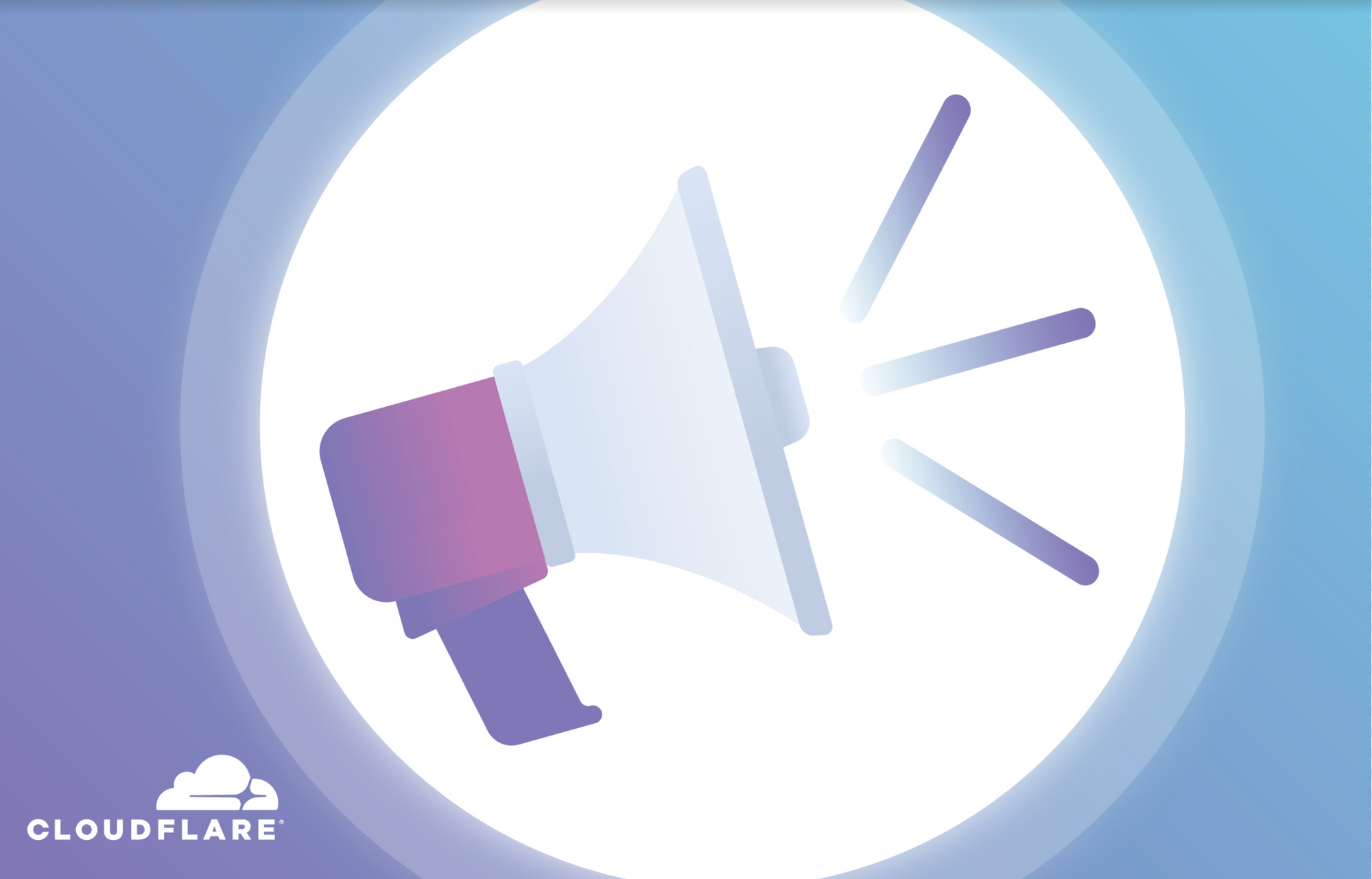
This email was sent to all Cloudflare customers a short while ago
From: Matthew Prince
Date: Thu, Mar 12, 2020 at 4:20 PM
Subject: Cloudflare During the Coronavirus Emergency
We know that organizations and individuals around the world depend on Cloudflare and our network. I wanted to send you a personal note to let you know how Cloudflare is dealing with the Coronavirus emergency.
First, the health and safety of our employees and customers is our top priority. We have implemented a number of sensible policies to this end, including encouraging many employees to work from home. This, however, hasn't slowed our operations. Our network operations center (NOC), security operations center (SOC), and customer support teams will remain fully operational and can do their jobs entirely remote as needed.
Second, we are tracking Internet usage patterns globally. As more people work from home, peak traffic in impacted regions has increased, on average, approximately 10%. In Italy, which has imposed a nationwide quarantine, peak Internet traffic is up 30%. Traffic patterns have also shifted so peak traffic is occurring earlier in the day in impacted regions. None of these traffic changes raise any concern for us. Cloudflare's network is well provisioned Continue reading


There are a lot of people and businesses worldwide that are currently suffering, so I don't want to waste any time in getting to the point.
Beginning today, we are making our Cloudflare for Teams products free to small businesses around the world. Teams enables remote workers to operate securely and easily. We will continue this policy for at least the next 6 months. We're doing this to help ensure that small businesses that implement work from home policies in order to combat the spread of the virus can ensure business continuity. You can learn more and apply at: https://www.cloudflare.com/smallbusiness
We've also helped launch an online hub where small businesses can see technology services available to them for free or a substantial discount from multiple companies, during the Coronavirus Emergency: https://openforbusiness.org
To understand more about why we're doing this, read on.
We have a team at Cloudflare carefully monitoring the spread of the SARS-Coronavirus-2, which is responsible for the COVID-19 respiratory disease. Like at many other companies, we have heeded the advice of medical professionals and government agencies and are increasingly allowing employees to work from home in impacted regions in order Continue reading
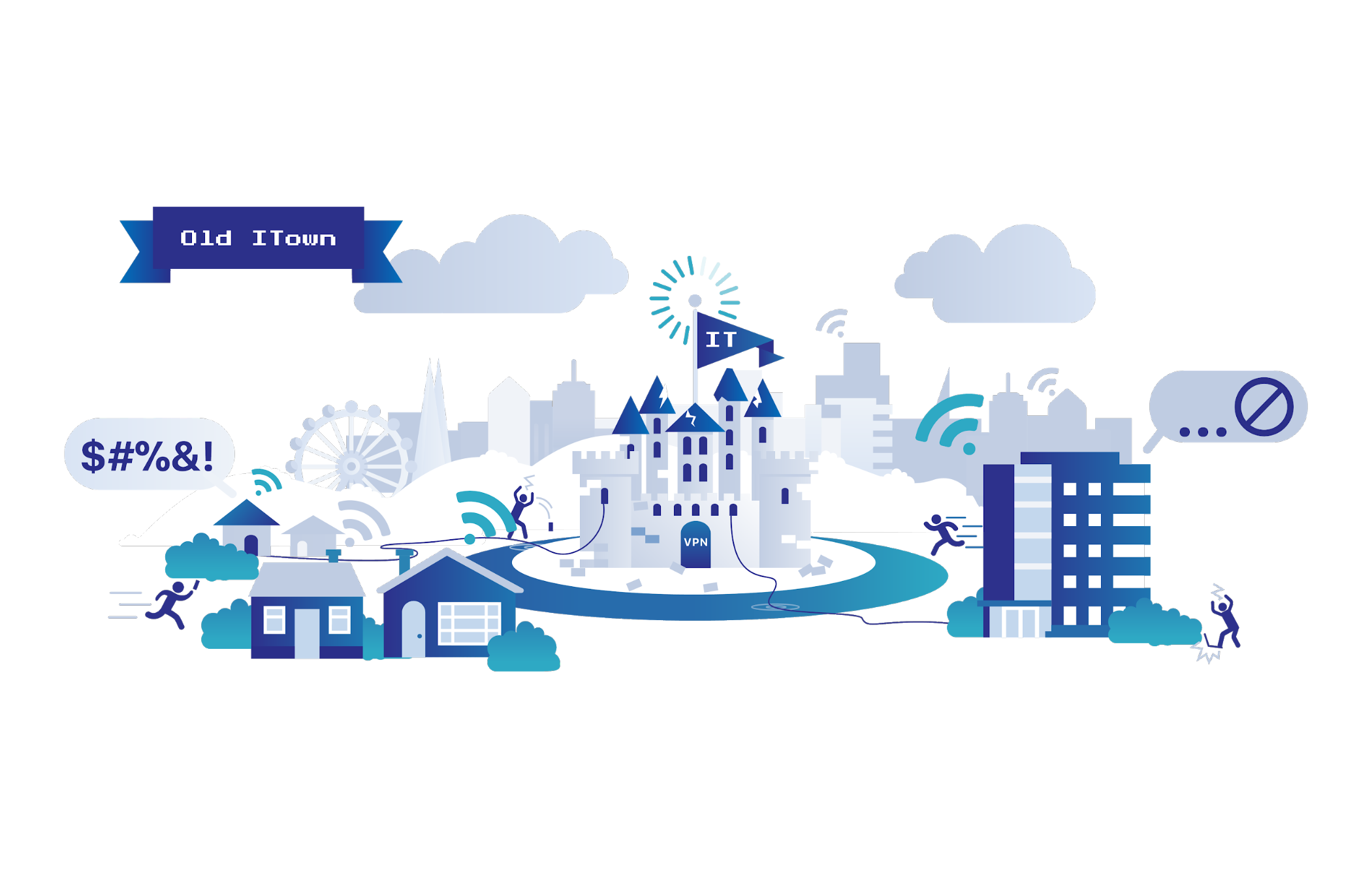
Ten years ago, when Cloudflare was created, the Internet was a place that people visited. People still talked about ‘surfing the web’ and the iPhone was less than two years old, but on July 4, 2009 large scale DDoS attacks were launched against websites in the US and South Korea.
Those attacks highlighted how fragile the Internet was and how all of us were becoming dependent on access to the web as part of our daily lives.
Fast forward ten years and the speed, reliability and safety of the Internet is paramount as our private and work lives depend on it.
We started Cloudflare to solve one half of every IT organization's challenge: how do you ensure the resources and infrastructure that you expose to the Internet are safe from attack, fast, and reliable. We saw that the world was moving away from hardware and software to solve these problems and instead wanted a scalable service that would work around the world.
To deliver that, we built one of the world's largest networks. Today our network spans more than 200 cities worldwide and is within milliseconds of nearly everyone connected to the Internet. We have built the capacity to stand Continue reading
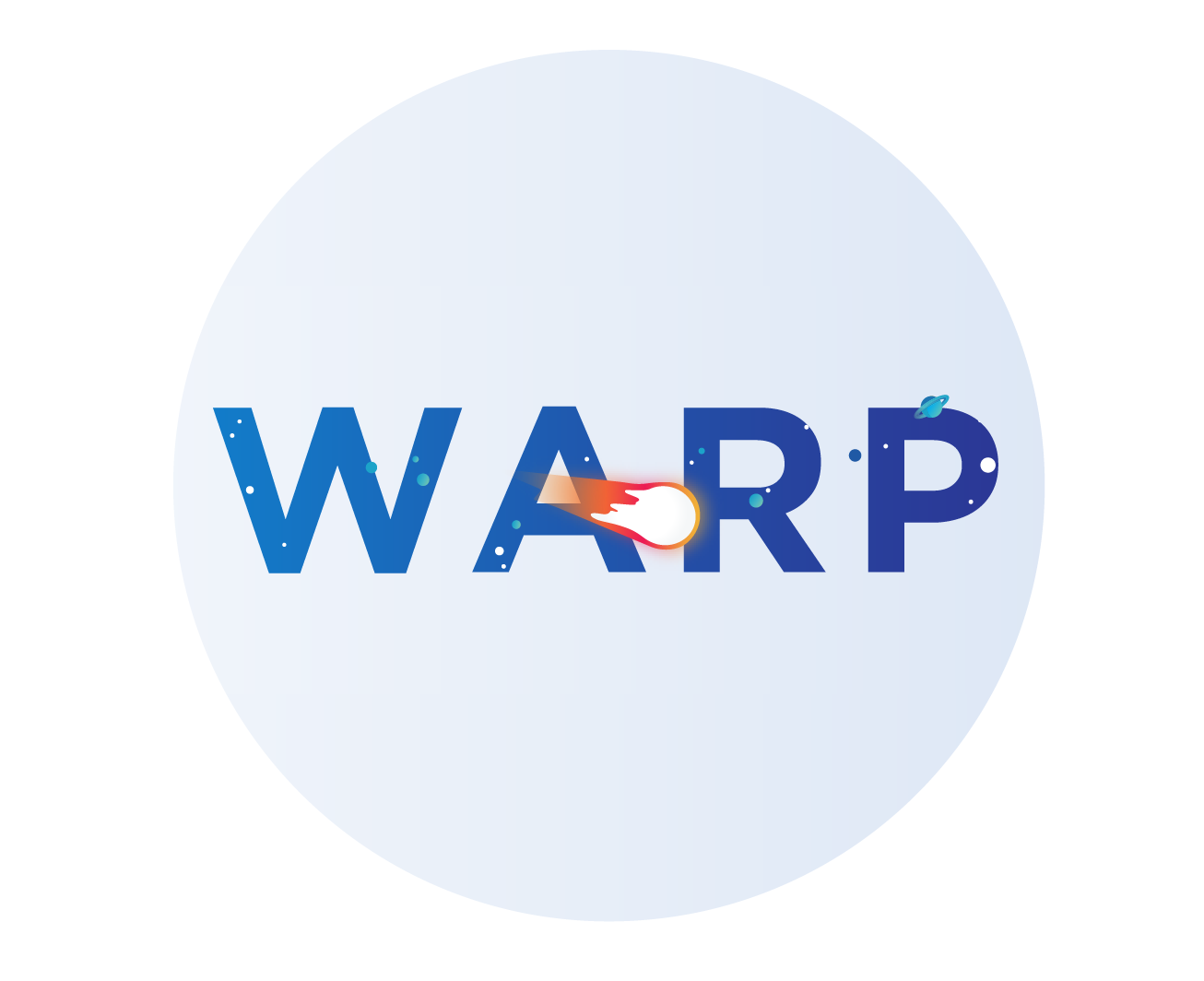
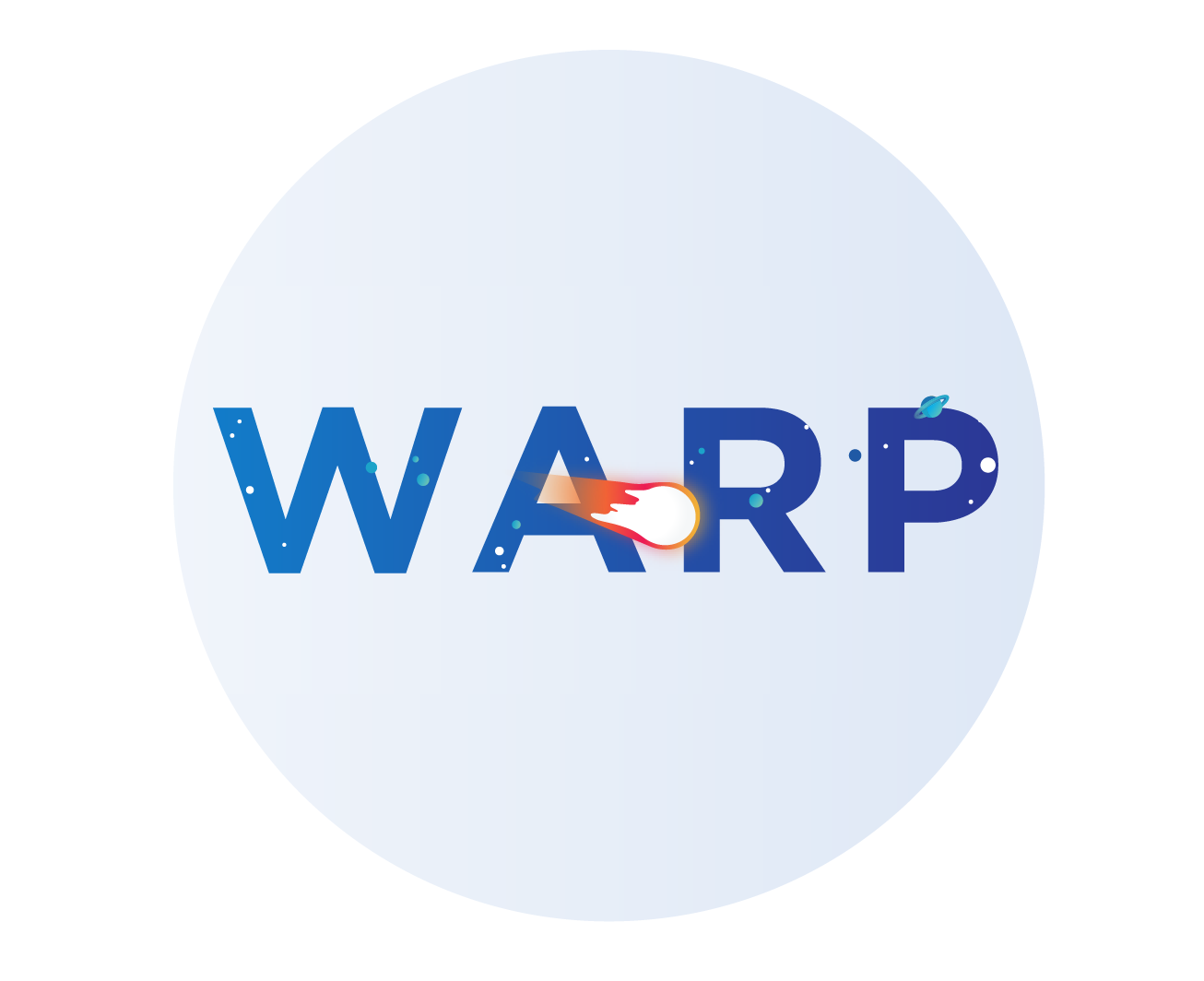
Today, after a longer than expected wait, we're opening WARP and WARP Plus to the general public. If you haven’t heard about it yet, WARP is a mobile app designed for everyone which uses our global network to secure all of your phone’s Internet traffic.
We announced WARP on April 1 of this year and expected to roll it out over the next few months at a fairly steady clip and get it released to everyone who wanted to use it by July. That didn’t happen. It turned out that building a next generation service to secure consumer mobile connections without slowing them down or burning battery was… harder than we originally thought.
Before today, there were approximately two million people on the waitlist to try WARP. That demand blew us away. It also embarrassed us. The common refrain is consumers don’t care about their security and privacy, but the attention WARP got proved to us how wrong that assumption actually is.
This post is an explanation of why releasing WARP took so long, what we've learned along the way, and an apology for those who have been eagerly waiting. It also talks briefly about the rationale for why we Continue reading


To our potential shareholders:
Cloudflare launched on September 27, 2010. Many great startups pivot over time. We have not. We had a plan and have been purposeful in executing it since our earliest days. While we are still in its early innings, that plan remains clear: we are helping to build a better Internet. Understanding the path we’ve taken to date will help you understand how we plan to operate going forward, and to determine whether Cloudflare is the right investment for you.
Cloudflare was formed to take advantage of a paradigm shift: the world was moving from on-premise hardware and software that you buy to services in the cloud that you rent. Paradigm shifts in technology always create significant opportunities, and we built Cloudflare to take advantage of the opportunities that arose as the world shifted to the cloud.
As we watched packaged software turn into SaaS applications, and physical servers migrate to instances in the public cloud, it was clear that it was only a matter of time before the same happened to network appliances. Firewalls, network optimizers, load balancers, and the myriad of other hardware appliances that Continue reading
The mass shootings in El Paso, Texas and Dayton, Ohio are horrific tragedies. In the case of the El Paso shooting, the suspected terrorist gunman appears to have been inspired by the forum website known as 8chan. Based on evidence we've seen, it appears that he posted a screed to the site immediately before beginning his terrifying attack on the El Paso Walmart killing 20 people.
Unfortunately, this is not an isolated incident. Nearly the same thing happened on 8chan before the terror attack in Christchurch, New Zealand. The El Paso shooter specifically referenced the Christchurch incident and appears to have been inspired by the largely unmoderated discussions on 8chan which glorified the previous massacre. In a separate tragedy, the suspected killer in the Poway, California synagogue shooting also posted a hate-filled “open letter” on 8chan. 8chan has repeatedly proven itself to be a cesspool of hate.
8chan is among the more than 19 million Internet properties that use Cloudflare's service. We just sent notice that we are terminating 8chan as a customer effective at midnight tonight Pacific Time. The rationale is simple: they have proven themselves to be lawless and that lawlessness has caused multiple tragic deaths. Even if Continue reading

Today is the 5th anniversary of Cloudflare's Project Galileo. Through the Project, Cloudflare protects—at no cost—nearly 600 organizations around the world engaged in some of the most politically and artistically important work online. Because of their work, these organizations are attacked frequently, often with some of the fiercest cyber attacks we’ve seen.

Since it launched in 2014, we haven't talked about Galileo much externally because we worry that drawing more attention to these organizations may put them at increased risk. Internally, however, it's a source of pride for our whole team and is something we dedicate significant resources to. And, for me personally, many of the moments that mark my most meaningful accomplishments were born from our work protecting Project Galileo recipients.
The promise of Project Galileo is simple: Cloudflare will provide our full set of security services to any politically or artistically important organizations at no cost so long as they are either non-profits or small commercial entities. I'm still on the distribution list that receives an email whenever someone applies to be a Project Galileo participant, and those emails remain the first I open every morning.

Five years ago, Project Galileo was born Continue reading
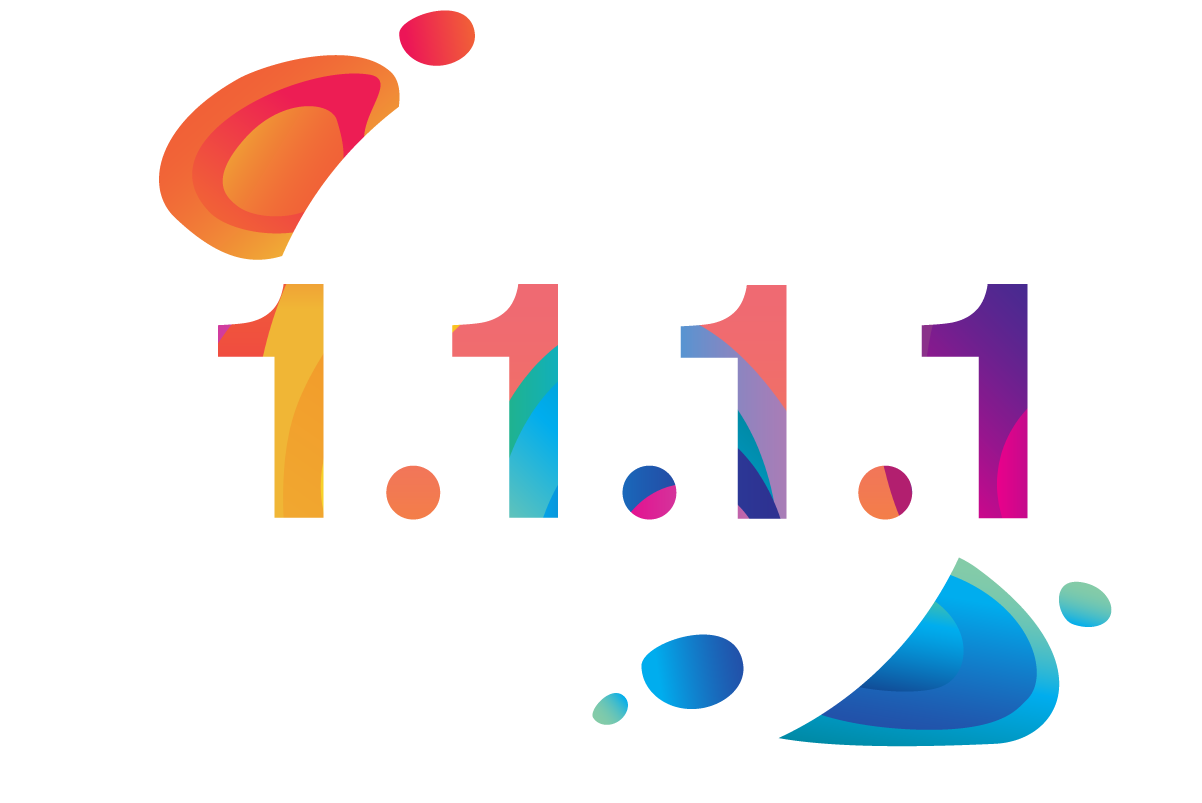
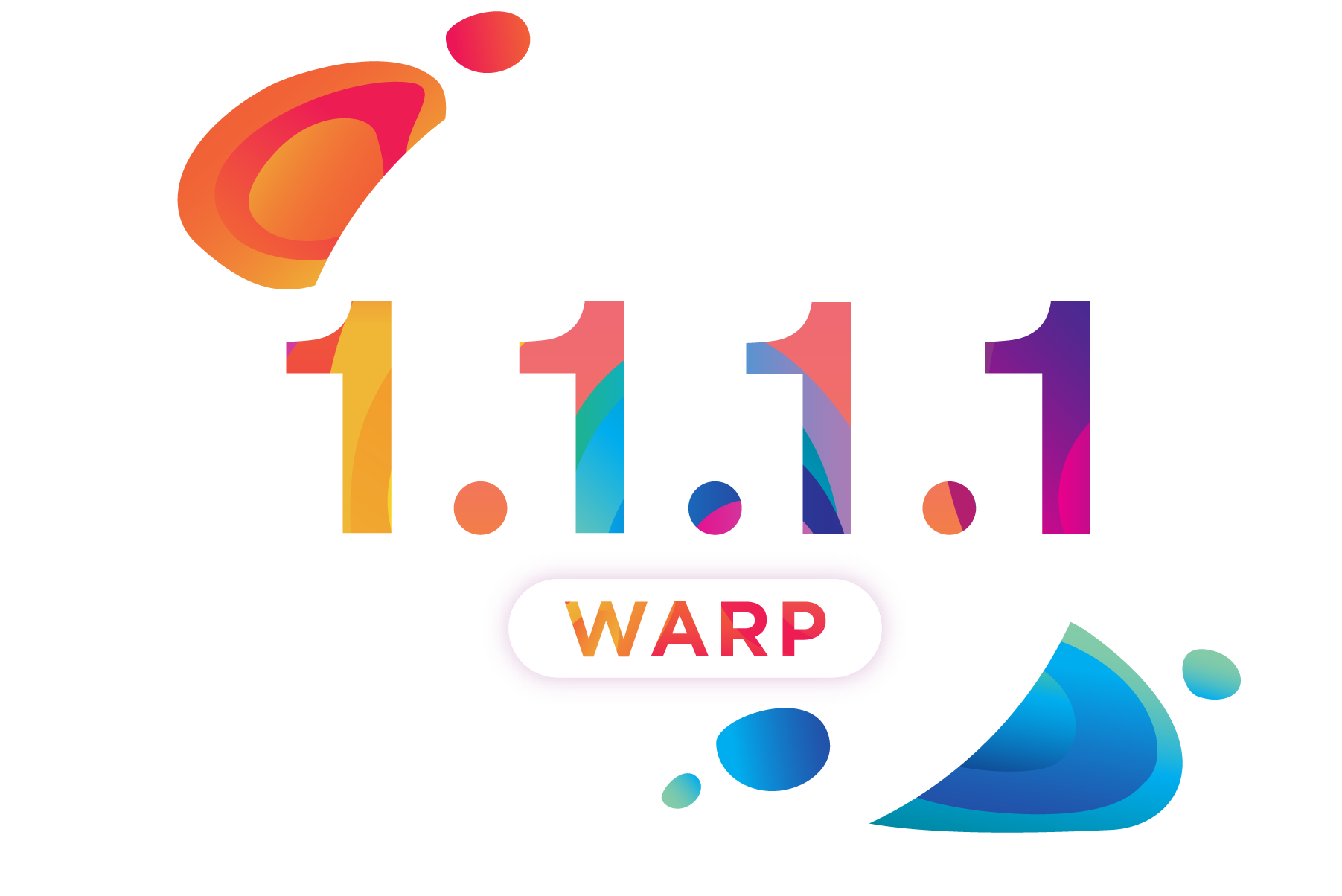
April 1st is a miserable day for most of the Internet. While most days the Internet is full of promise and innovation, on “April Fools” a handful of elite tech companies decide to waste the time of literally billions of people with juvenile jokes that only they find funny.
Cloudflare has never been one for the traditional April Fools antics. Usually we just ignored the day and went on with our mission to help build a better Internet. Last year we decided to go the opposite direction launching a service that we hoped would benefit every Internet user: 1.1.1.1.
The service's goal was simple — be the fastest, most secure, most privacy-respecting DNS resolver on the Internet. It was our first attempt at a consumer service. While we try not to be sophomoric, we're still geeks at heart, so we couldn't resist launching 1.1.1.1 on 4/1 — even though it was April Fools, Easter, Passover, and a Sunday when every media conversation began with some variation of: "You know, if you're kidding me, you're dead to me."
We weren't kidding. In the year that's followed, we've been overwhelmed by the response. Continue reading
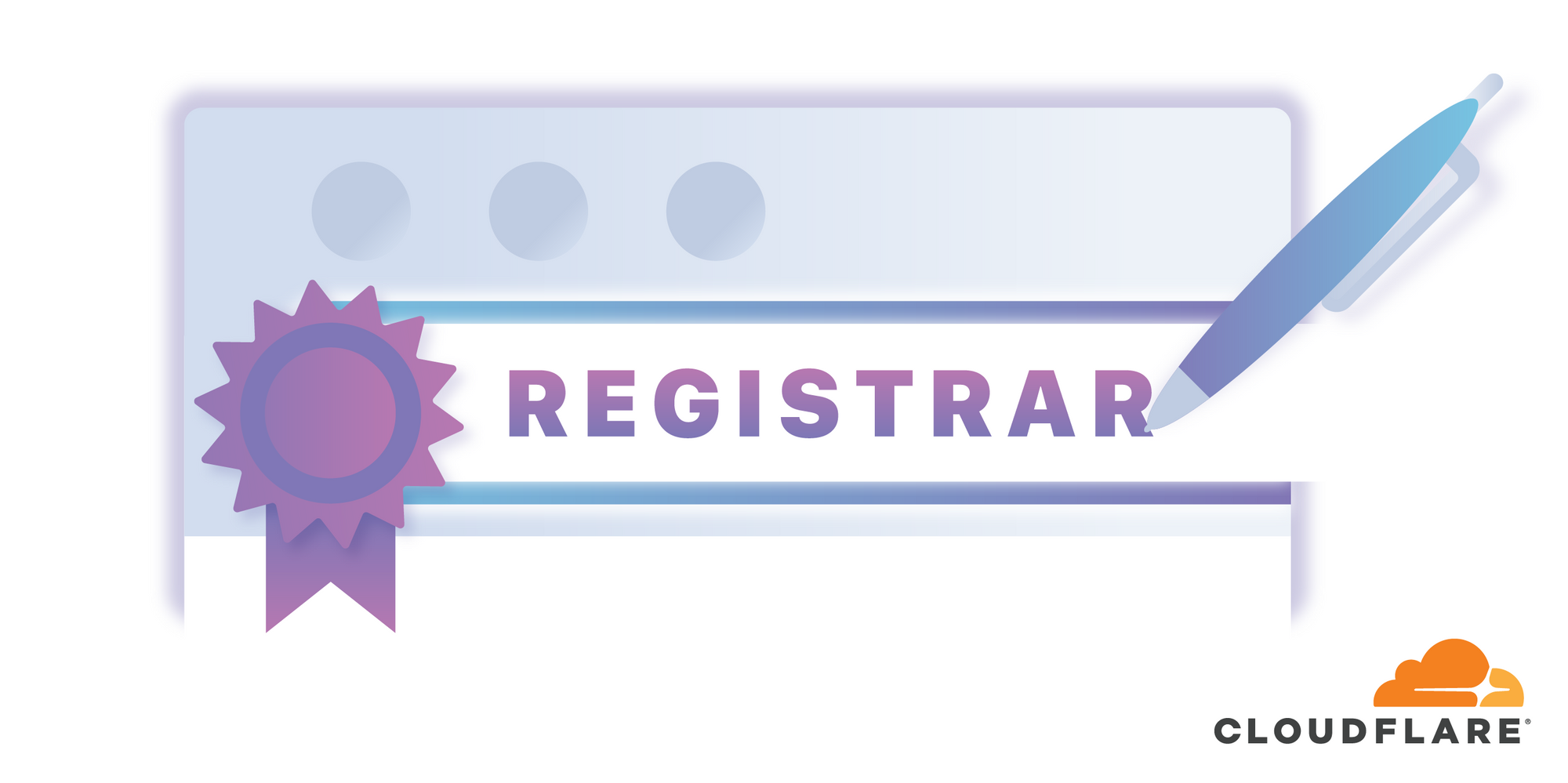
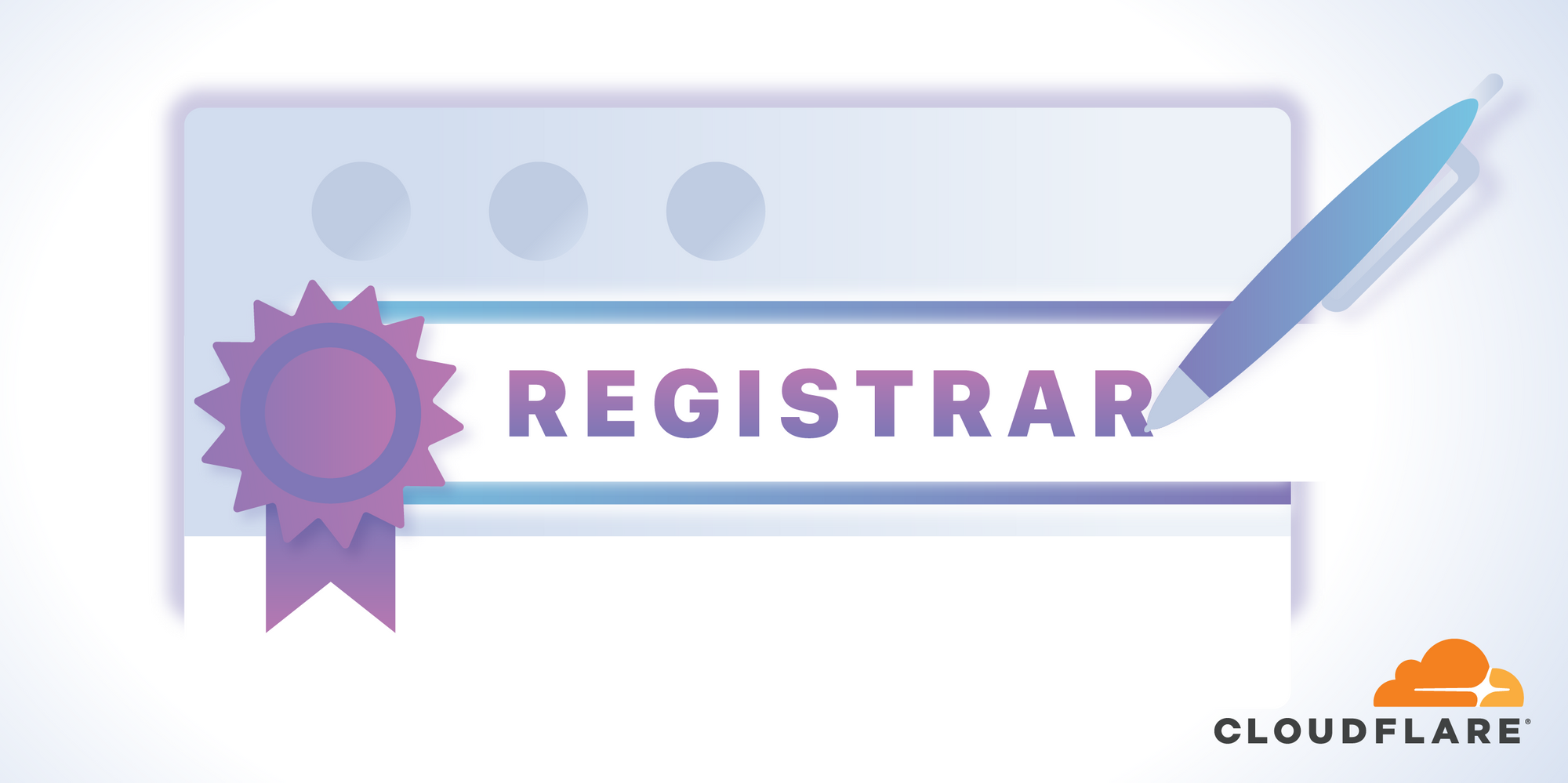
“I love my domain registrar.” Has anyone ever said this? From before Cloudflare even launched in September 2010, our early beta customers were literally begging us: "Will you please launch a registrar too?!" Today we're doing just that, launching the first registrar we hope you’ll be able to say you love. It's built around three principles: trust, security, and always-fair pricing. And it’s available to all Cloudflare customers.
Cloudflare has actually run a registrar for some time. Like many of our best products, it started by solving an internal issue we had. Cloudflare has several mission-critical domains. If the registration of these domains were ever compromised, it would be, in a word, bad.
For years, we worked with our original domain registrar to ensure these domains were as locked down as possible. Unfortunately, in 2013, a hacker was able to compromise several of the systems of the registrar we used and come perilously close to taking over some of our domains.
That began a process of us looking for a better registrar. Unfortunately, even the registrars that charge hefty premiums and promise to be very secure turn out to have pretty lousy security. Continue reading
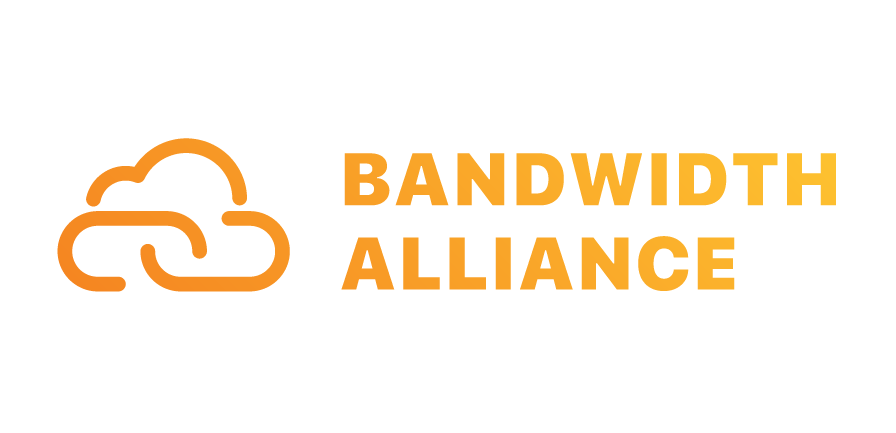
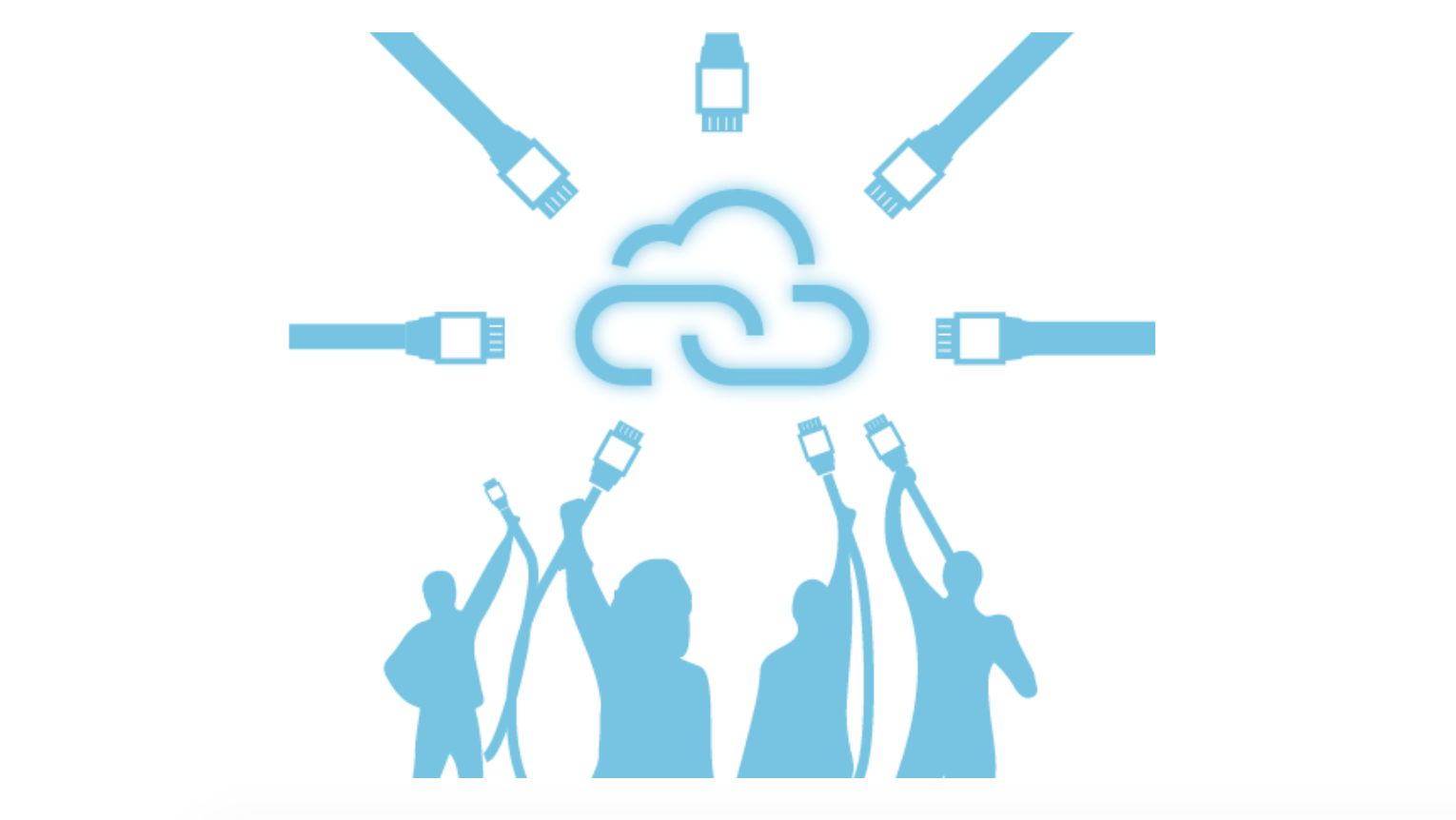
At Cloudflare, our mission is to help build a better Internet. That means making the Internet faster, safer and smarter, but also more efficient alongside our cloud partners. As such, wherever we can, we're on the lookout for ways to help save our common customers money. That got us looking into why and how much cloud customers pay for bandwidth.
If you're hosting on most cloud providers, data transfer charges, sometimes known as "bandwidth” or “egress” charges, can be an integral part of your bill. These fees cover the cost of delivering traffic from the cloud all the way to the consumer. However, if you’re using a CDN such as Cloudflare, the cost of data transfer comes in addition to the cost of content delivery.
In some cases, charging makes sense. If you're hosted in a facility in Ashburn, Virginia and someone visits your service from Sydney, Australia there are real costs to moving traffic between the two places. The cloud provider likely hands off traffic to a transit provider or uses its own global backbone to carry the traffic across the United States and then across the Pacific, potentially handing off to other transit providers along the way, until Continue reading
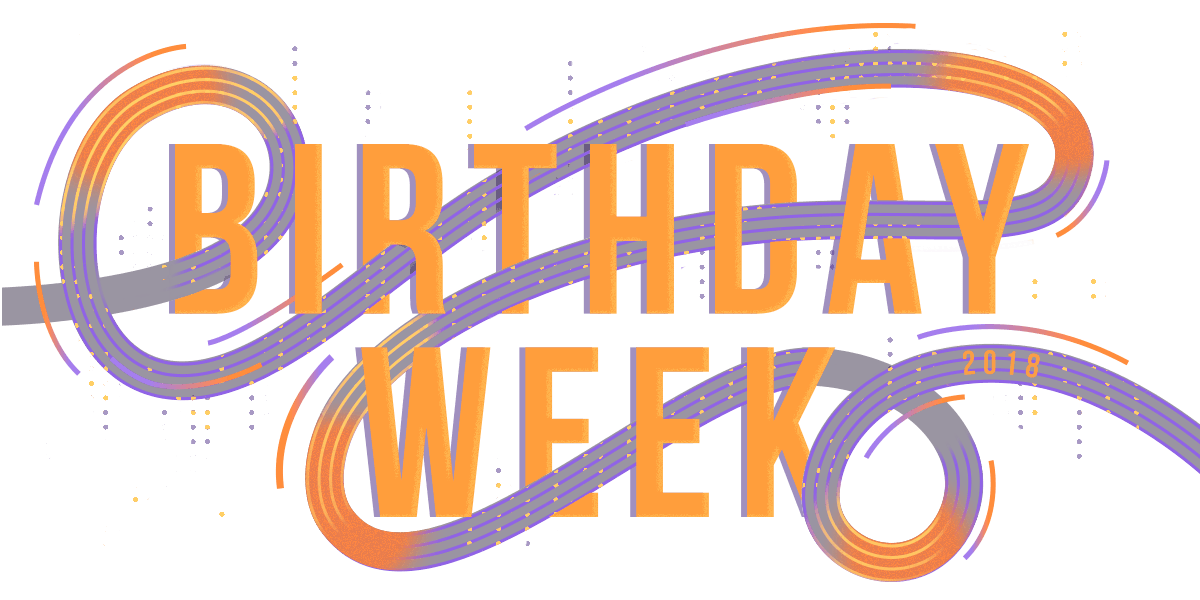
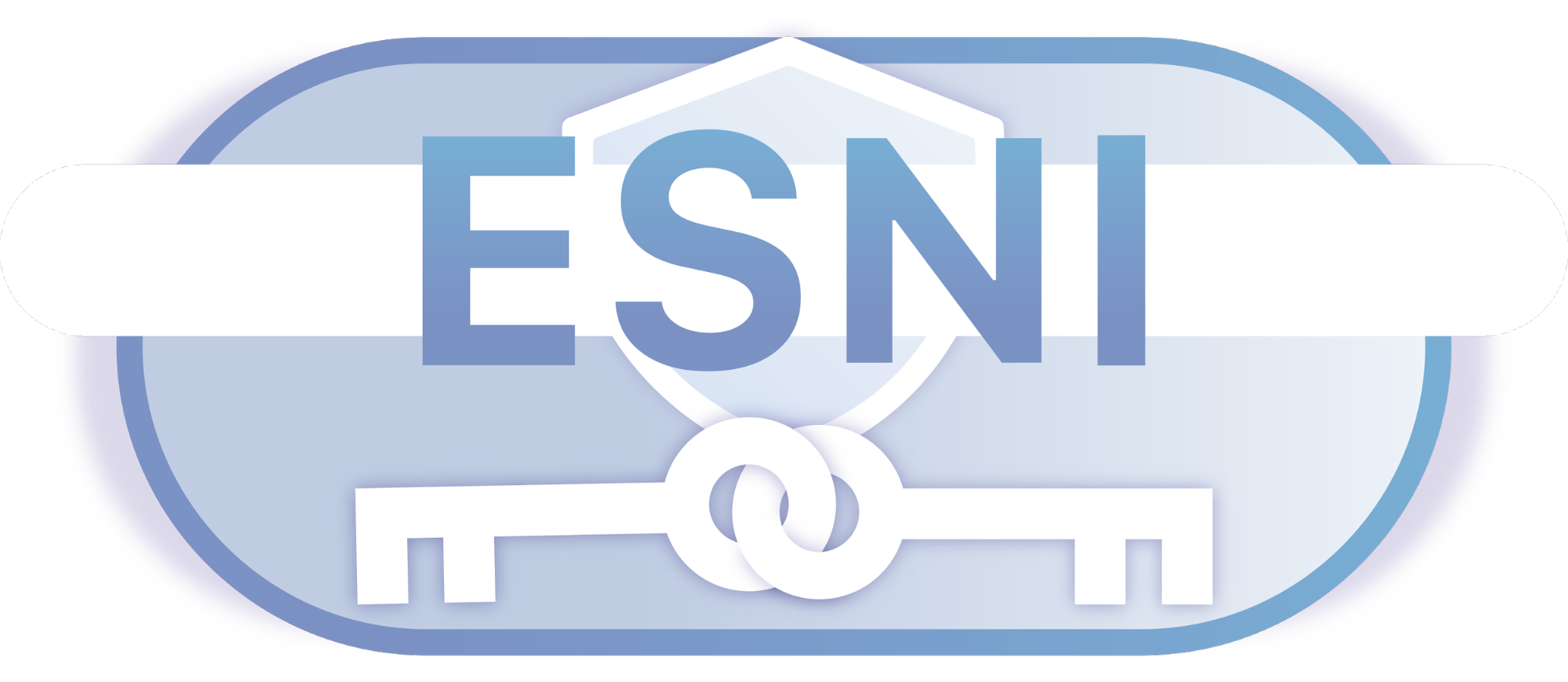
Cloudflare launched on September 27, 2010. Since then, we've considered September 27th our birthday. This Thursday we'll be turning 8 years old.
Ever since our first birthday, we've used the occasion to launch new products or services. Over the years we came to the conclusion that the right thing to do to celebrate our birthday wasn't so much about launching products that we could make money from but instead to do things that were gifts back to our users and the Internet in general. My cofounder Michelle wrote about this tradition in a great blog post yesterday.
Personally, one of my proudest moments at Cloudflare came on our birthday in 2014 when we made HTTPS support free for all our users. At the time, people called us crazy — literally and repeatedly. Frankly, internally we had significant debates about whether we were crazy since encryption was the primary reason why people upgraded from a free account to a paid account.
But it was the right thing to do. The fact that encryption wasn't built into the web from the beginning was, in our mind, a bug. Today, almost exactly four years later, the web is nearly 80% encrypted thanks to Continue reading
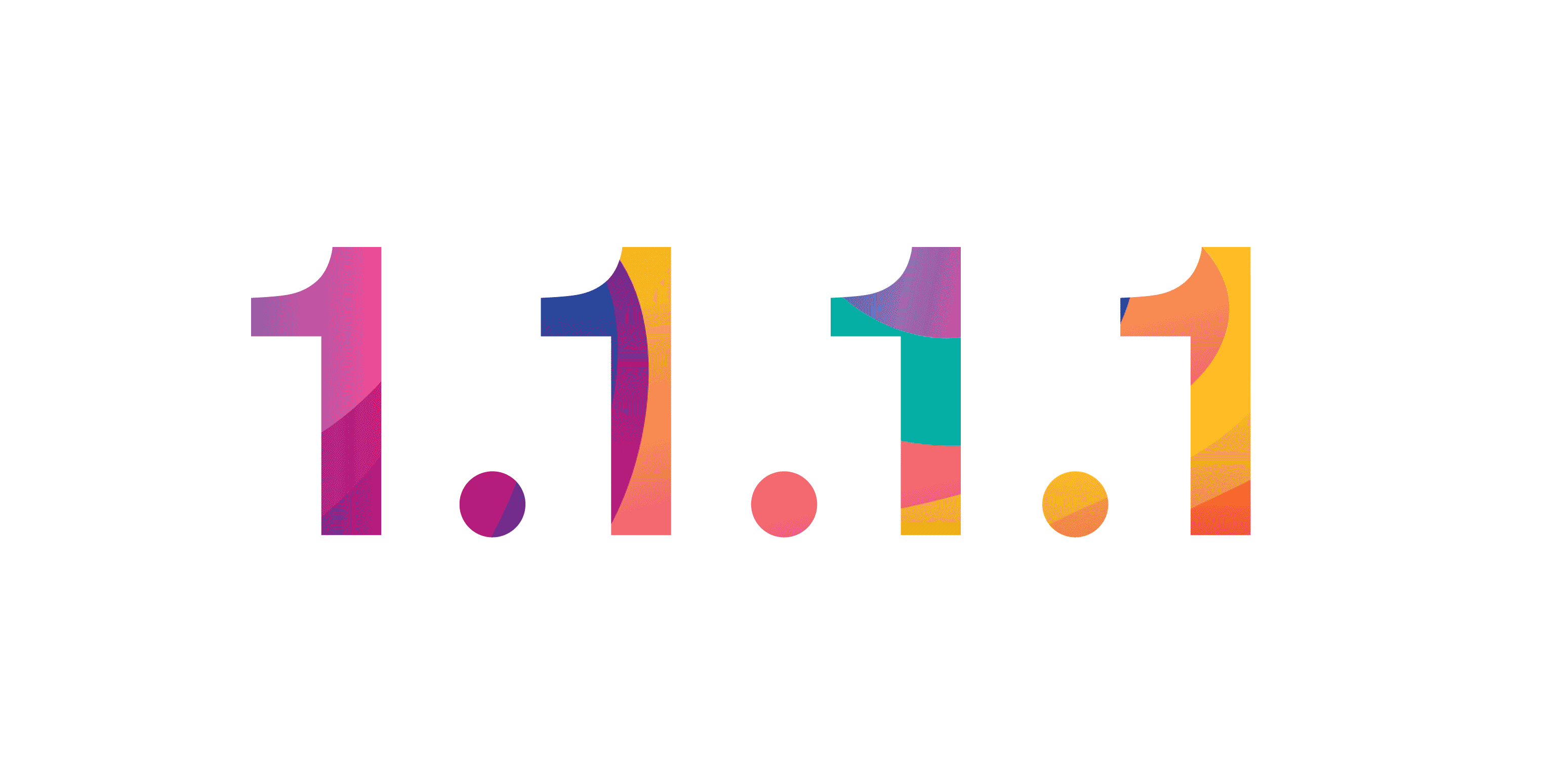
Cloudflare's mission is to help build a better Internet. We're excited today to take another step toward that mission with the launch of 1.1.1.1 — the Internet's fastest, privacy-first consumer DNS service. This post will talk a little about what that is and a lot about why we decided to do it. (If you're interested in the technical details on how we built the service, check out Ólafur Guðmundsson's accompanying post.)
DNS is the directory of the Internet. Whenever you click on a link, send an email, open a mobile app, often one of the first things that has to happen is your device needs to look up the address of a domain. There are two sides of the DNS network: Authoritative (the content side) and Resolver (the consumer side).
Every domain needs to have an Authoritative DNS provider. Cloudflare, since our launch in September 2010, has run an extremely fast and widely-used Authoritative DNS service. 1.1.1.1 doesn't (directly) change anything about Cloudflare's Authoritative DNS service.
On the other side of the DNS system are resolvers. Every device that connects to the Internet needs a DNS resolver. By default, Continue reading
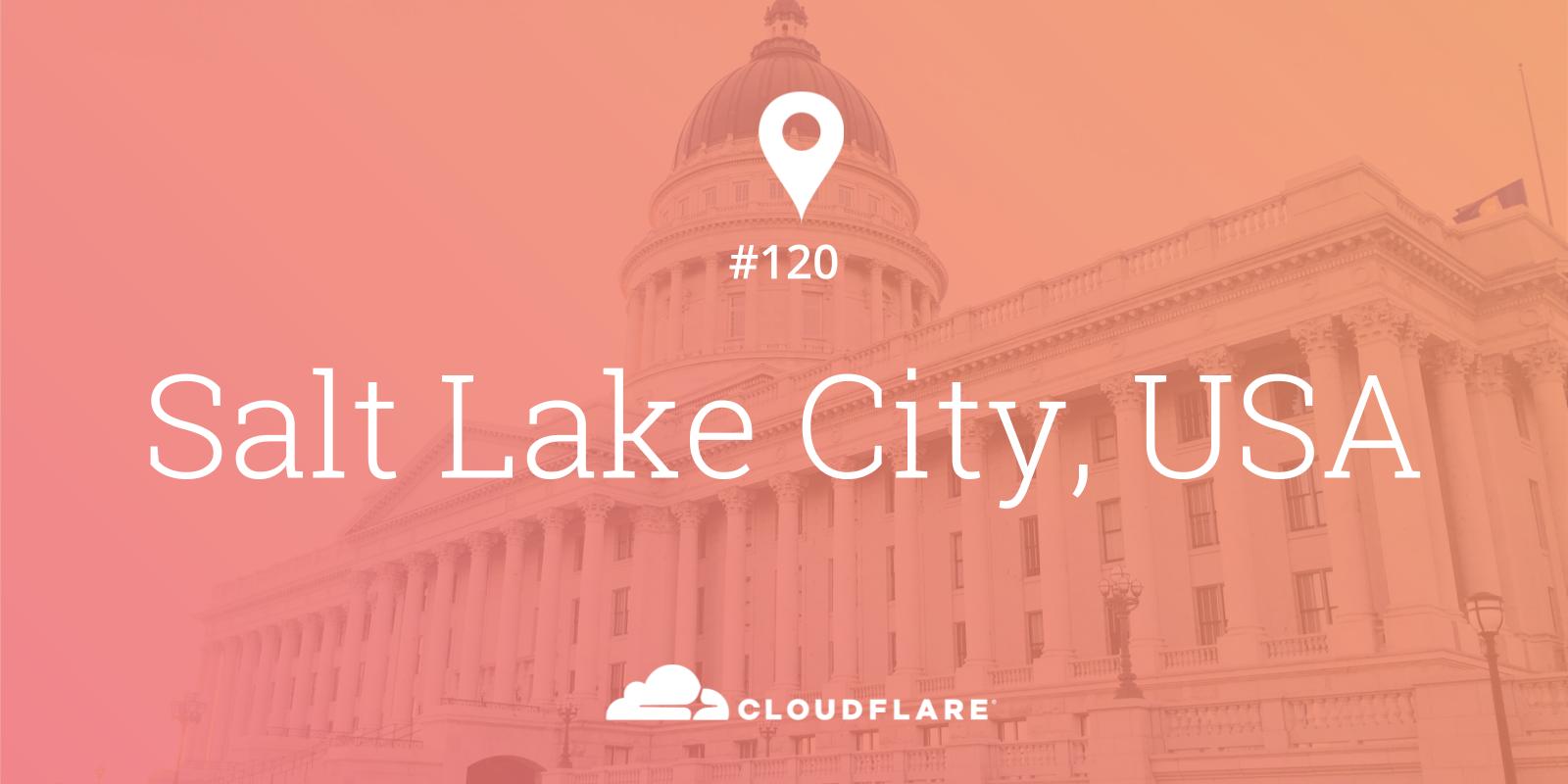
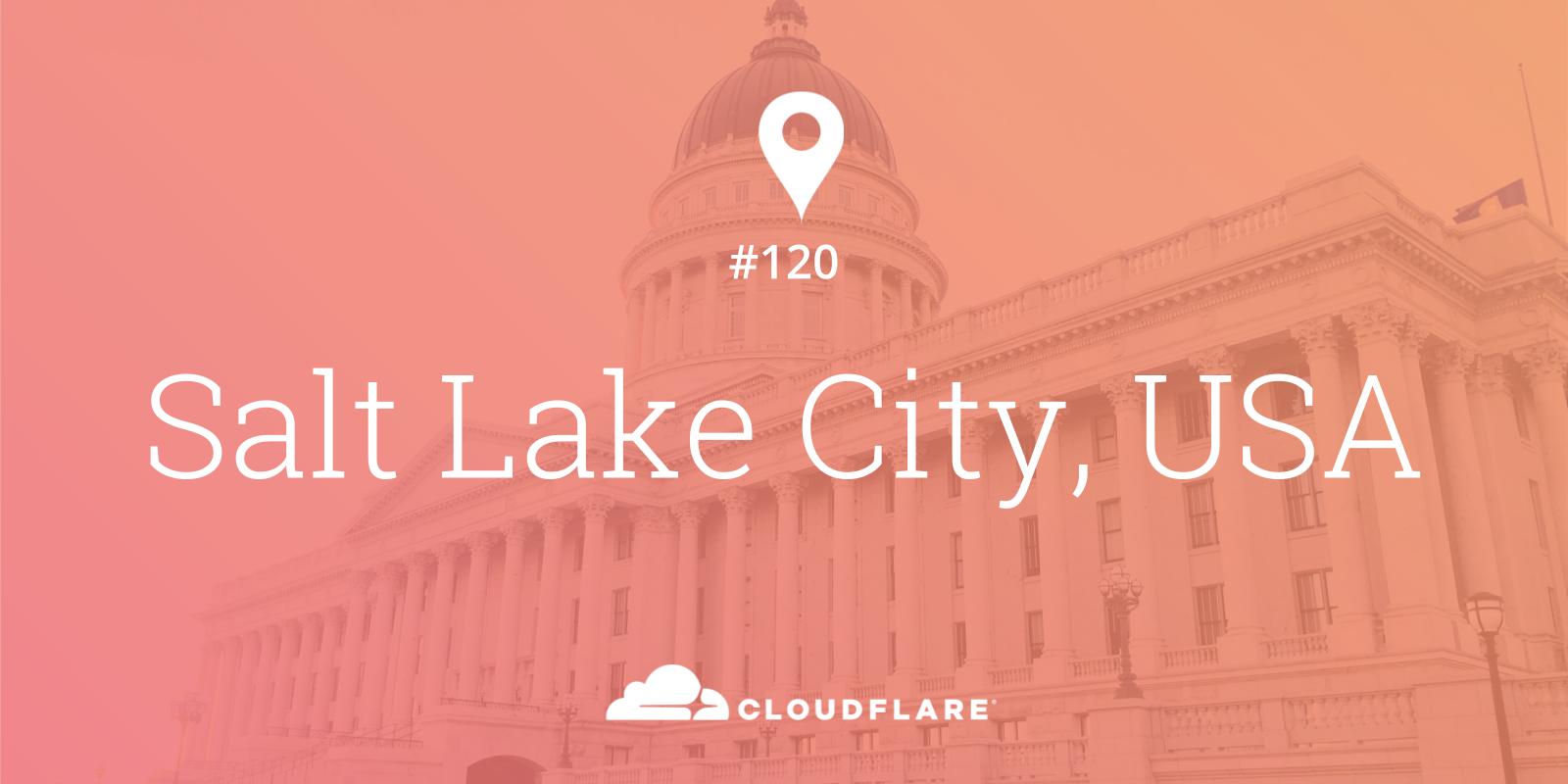
We just turned up Salt Lake City, Utah — Cloudflare's 120th data center. Salt Lake holds a special place in Cloudflare's history. I grew up in the region and still have family there. Back in 2004, Lee Holloway and I lived just up into the mountains in Park City when we built Project Honey Pot, the open source project that inspired the original idea for Cloudflare.
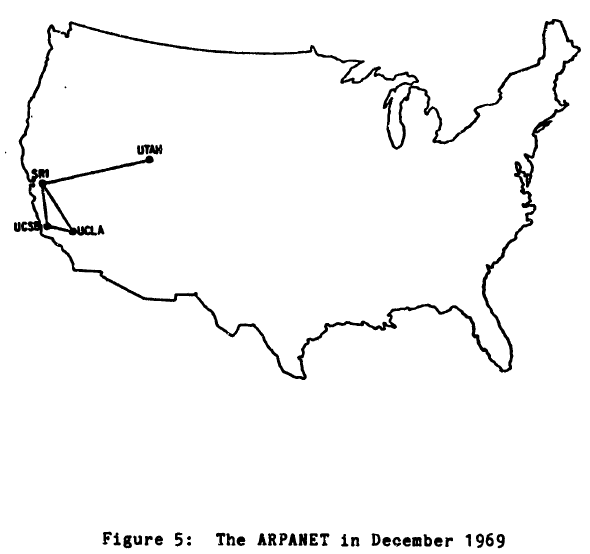
Salt Lake also holds a special place in the history of the Internet. The University of Utah, based there, was one of the original four Arpanet locations (along with UCLA, UC Santa Barbara, and the Stanford Research Institute). The school also educated the founders of great technology companies like Silicon Graphics, Adobe, Atari, Netscape, and Pixar. Many were graduates of the computer graphics department lead by Professors Ivan Sutherland and David Evans.
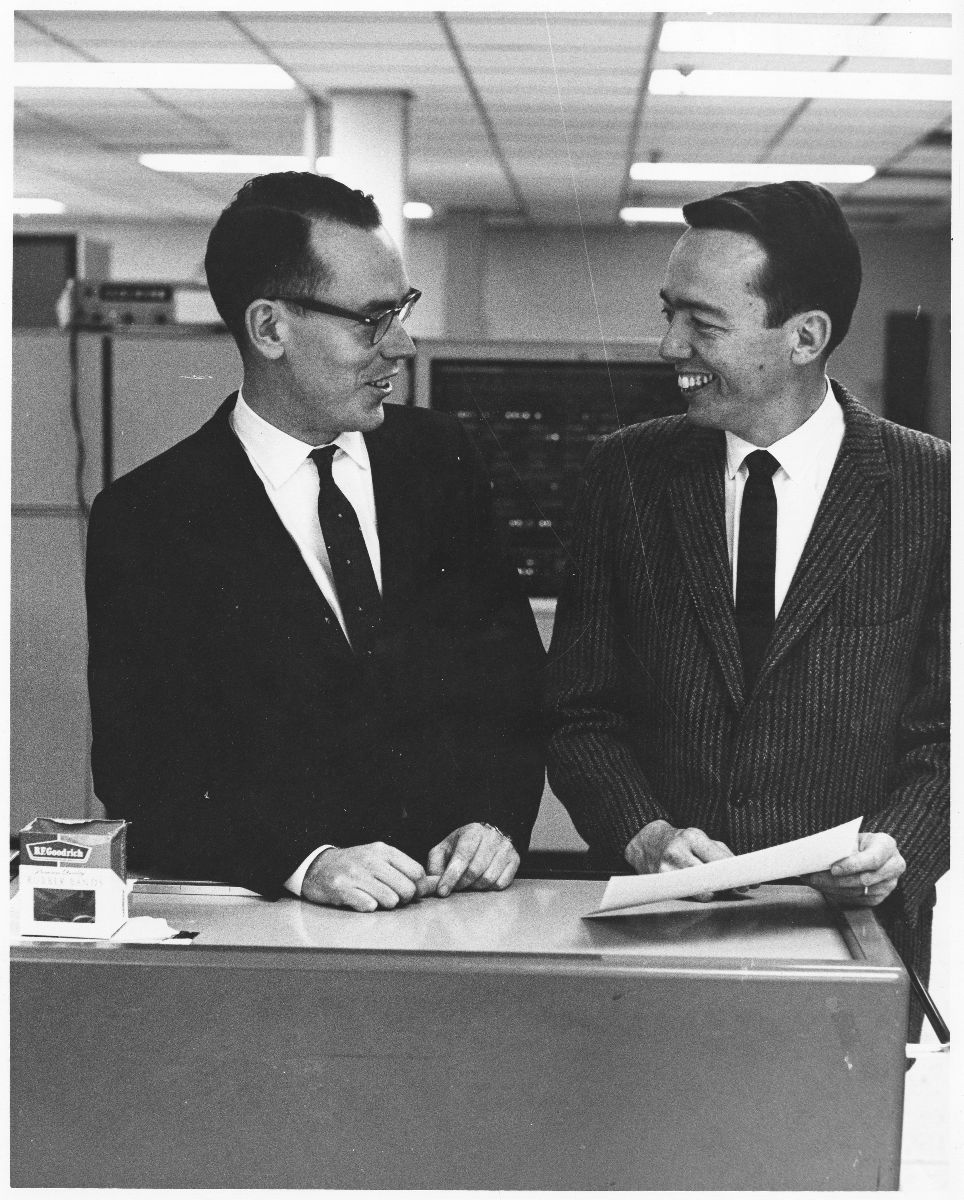
In 1980, when I was seven years old, my grandmother, who lived a few blocks from the University, gave me an Apple II+ for Christmas. I took to it like a duck to water. My mom enrolled in a continuing education computer course at the University of Utah teaching BASIC programming. I went with her to the classes. Unbeknownst to the Continue reading
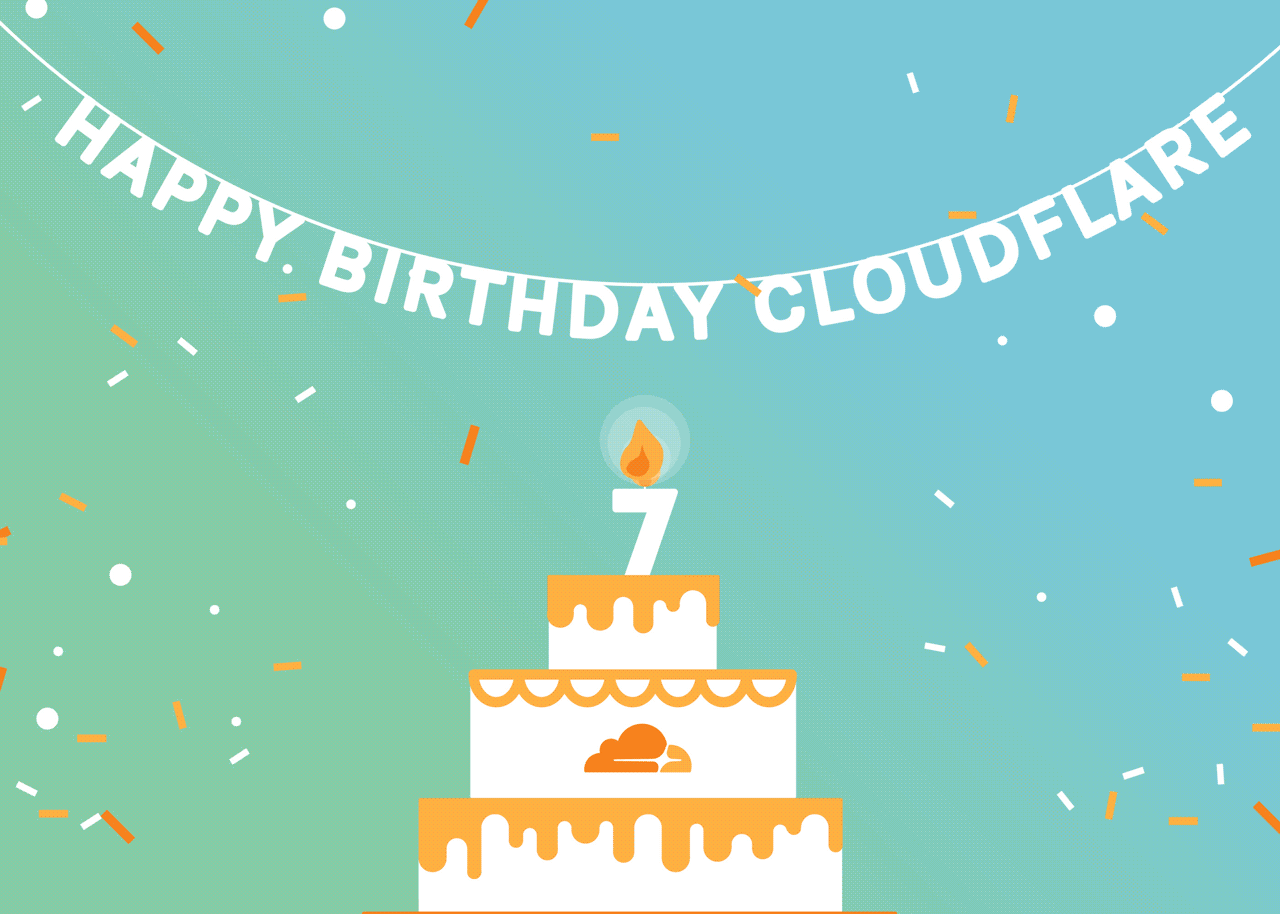
Cloudflare turns seven years old today. We launched on September 27, 2010.
It was only a few days after our launch that we got our first request to support video streaming. Yet, until today, we'd avoided it.
Why? Simply put: the video streaming market is screwed up. While there's a lot of money spent on video, there are only really about 1,000 customers that do any meaningful level of streaming.
This is in large part because it's technically far too complicated. If you want to move beyond just uploading your videos to a consumer service like YouTube, then you have to use at least three different services. You need someone to encode your video into a streamable format, you need someone else to act as the content delivery network delivering the bytes, and you need someone else still to provide the player code that runs on the client device. Further, since video encoding standards keep evolving and vary across generations of devices, it becomes challenging to ensure a consistently high quality experience for all visitors.
And if that sounds like a technical mess, the business side is even worse. Encoding companies charge based on CPU usage, which is driven by Continue reading
This is the week of Cloudflare's seventh birthday. It's become a tradition for us to announce a series of products each day of this week and bring major new benefits to our customers. We're beginning with one I'm especially proud of: Unmetered Mitigation.
 CC BY-SA 2.0 image by Vassilis
CC BY-SA 2.0 image by Vassilis
Cloudflare runs one of the largest networks in the world. One of our key services is DDoS mitigation and we deflect a new DDoS attack aimed at our customers every three minutes. We do this with over 15 terabits per second of DDoS mitigation capacity. That's more than the publicly announced capacity of every other DDoS mitigation service we're aware of combined. And we're continuing to invest in our network to expand capacity at an accelerating rate.
Virtually every Cloudflare competitor will send you a bigger bill if you are unlucky enough to get targeted by an attack. We've seen examples of small businesses that survive massive attacks to then be crippled by the bills other DDoS mitigation vendors sent them. From the beginning of Cloudflare's history, it never felt right that you should have to pay more if you came under an attack. That feels barely a Continue reading
 Jango Fett by Brickset (Flickr)
Jango Fett by Brickset (Flickr)
When Blackbird Tech, a notorious patent troll, sued us earlier this year for patent infringement, we discovered quickly that the folks at Blackbird were engaged in what appeared to be the broad and unsubstantiated assertion of patents -- filing about 115 lawsuits in less than 3 years, and have not yet won a single one of those cases on the merits in court. Cloudflare felt an appropriate response would be to review all of Blackbird Tech’s patents, not just the one it asserted against Cloudflare, to determine if they are invalid or should be limited in scope. We enlisted your help in this endeavor by placing a $50,000 bounty on prior art that proves the Blackbird Tech patents are invalid or overbroad, an effort we dubbed Project Jengo.
Since its inception, Project Jengo has doubled in size and provided us with a good amount of high quality prior art submissions. We have received more than 230 submissions so far, and have only just begun to scratch the surface. We have already come across a number of standouts that appear to be strong contenders for invalidating many of the Blackbird Tech patents. This means it is Continue reading
Earlier today, Cloudflare terminated the account of the Daily Stormer. We've stopped proxying their traffic and stopped answering DNS requests for their sites. We've taken measures to ensure that they cannot sign up for Cloudflare's services ever again.
Our terms of service reserve the right for us to terminate users of our network at our sole discretion. The tipping point for us making this decision was that the team behind Daily Stormer made the claim that we were secretly supporters of their ideology.
Our team has been thorough and have had thoughtful discussions for years about what the right policy was on censoring. Like a lot of people, we’ve felt angry at these hateful people for a long time but we have followed the law and remained content neutral as a network. We could not remain neutral after these claims of secret support by Cloudflare.
Now, having made that decision, let me explain why it's so dangerous.
There are a number of different organizations that work in concert to bring you the Internet. They include:

When we started Cloudflare we had no idea if anyone would validate our core idea. Our idea was what that everyone should have the ability to be as fast and secure as the Internet giants like Google, Facebook, and Microsoft. Six years later, it's incredible how far that core idea has taken us.
 CC BY-SA 2.0 image by Mobilus In Mobili
CC BY-SA 2.0 image by Mobilus In Mobili
Today, Cloudflare runs one of the largest global networks. We have data centers in 115 cities around the world and continue to expand. We've built a core service that delivers performance, security, availability, and insight to more than 6 million users.
From the beginning, our goal has been to democratize the Internet. Today we're taking another step toward that goal with the launch of the Cloudflare Apps Platform and the Cloudflare Developer Fund. To understand that, you have to understand where we started.
When we started Cloudflare we needed two things: a collection of users for the service, and finances to help us fund our development. In both cases, people were taking a risk on Cloudflare. Our first users came from Project Honey Pot, which Lee Holloway and I created back in 2004. Members Continue reading

Jengo Fett by Brickset (Flickr)
We knew the case against patent trolls was the right one, but we have been overwhelmed by the response to our blog posts on patent trolls and our program for finding prior art on the patents held by Blackbird Tech, which we’ve dubbed Project Jengo. As we discuss in this post, your comments and contributions have allowed us to expand and intensify our efforts to challenge the growing threat that patent trolls pose to innovative tech companies.
In a little over a week since we started the program, we’ve received 141 separate prior art submissions. But we know there’s an opportunity to find a lot more.
We’ve been impressed with the exceptionally high quality of the submissions. The Cloudflare community of users and readers of our blog are an accomplished bunch, so we have a number of searches that were done by expert engineers and programmers. In one case that stood out to us, someone wrote in about a project they personally had worked on as an engineer back in 1993, which they are convinced is conclusive prior art Continue reading
On March 20th, Cloudflare received our first patent infringement claim: Blackbird Tech LLC v. Cloudflare, Inc. Today we’re filing our Answer to that claim in a federal court in Delaware. We have very strong arguments we will present in the litigation, mostly because the patent asserted against us does not have anything to do with our technology.
The infringement claim is not a close one. The asserted patent, US 6453335 (‘335 patent) was filed in 1998, and describes a system for monitoring an existing data channel and inserting error pages when transmission rates fall below a certain level. Nothing from 1998—including the ’335 patent—comes close to describing our state-of-the-art product that is provisioned via DNS, speeds up internet content delivery, and protects against malicious attackers. Our technology is innovative and different, and Cloudflare’s technology has about 150 patents issued or in process.
We also expect to show that the patent itself is invalid. For example, if the ’335 patent is read broadly enough to cover our system (which shouldn’t happen), it would also cover any system where electronic communications are examined and redacted or modified. But this is not new. Filtering products performing similar functions were around long before Continue reading